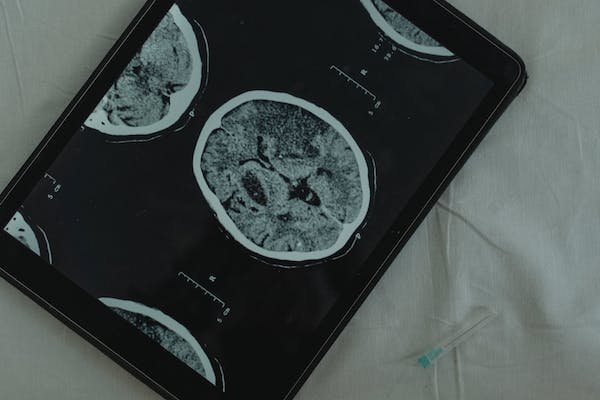How Trauma Affects the Brain
Trauma is so much more than nightmares and vivid flashbacks. When you go through a traumatic experience, it can actually cause long-term negative effects on your brain, making it difficult to move forward and heal without help.
Learning how trauma interferes with specific regions of the brain can make it easier to understand why help is necessary. It can also help you realize that you’re not “losing it” and you’re not alone in the way you’re feeling.
With that in mind, let’s take a closer look at how trauma affects the brain and what you can do to get the help you deserve.
The Immediate Effects of Trauma on the Brain
A traumatic event can cause both immediate and long-term effects on the brain. When you experience trauma, your brain’s fight-or-flight response is triggered, originating in the amygdala. This is the part of the brain responsible for identifying threats and sending out alarms to your nervous system to respond accordingly.
When the fight-or-flight response is triggered, your entire body is impacted. Your heart rate and blood flow will increase, you’ll experience a rush of adrenaline, and you might even start to sweat or shake because of so much cortisol in the bloodstream.
The immediate changes that occur in your brain during a traumatic situation are meant to keep you alive and alert. They aren’t just random or happenstance. Unfortunately, they can also cause lasting issues.
The Long-Term Effects of Trauma on the Brain
Trauma has a lasting impact on three main regions of the brain — the amygdala, the hippocampus, and the prefrontal cortex.
The amygdala can become extremely overactive when you’ve experienced trauma. As previously discussed, it’s responsible for triggering your flight-or-fight response. When it feels like that response is always “on,” it leads to extreme stress and anxiety. That can cause avoidance behaviors, flashbacks, hypervigilance, and panic attacks.
The hippocampus is responsible for memory storage. It also helps with emotional regulation. When trauma gets in the way, you’re more likely to experience issues like depression, chronic stress, and mood disorders. You might also struggle to manage your emotions in healthy, effective ways, leading to poor lifestyle choices that could further damage your mental or physical health.
The prefrontal cortex is responsible for executive functions like planning ahead and decision-making. You might be familiar with this part of the brain because there is much discussion about the undeveloped prefrontal cortex in kids and teenagers. But trauma can essentially cause your prefrontal cortex to “regress” back to that state. It becomes less active after a traumatic event because fight-or-flight tends to take over. You’re less likely to think things through and consider what you should do when facing a serious problem, challenge, or decision. That can lead to impulsive decision-making and dangerous or risky behaviors. It can also shorten your attention span and might even make it difficult to analyze information properly.
What Can You Do?
If you’re experiencing long-lasting symptoms of trauma, it’s not necessarily something you can control. Your brain is impacted in such a way that treatment is often needed to find a sense of normalcy and peace again.
Thankfully, help is available. There are a variety of trauma treatment options that can help you manage your symptoms now and fully heal along the way.
If you want to learn more about moving forward in your trauma journey and finding the peace you deserve, feel free to reach out to set up an appointment for trauma therapy. Therapy is a great way to get to the root cause of your trauma. While that’s not always easy, and you might be hesitant, it’s the best way to unearth the original problem and find the healing method that works best for you.

